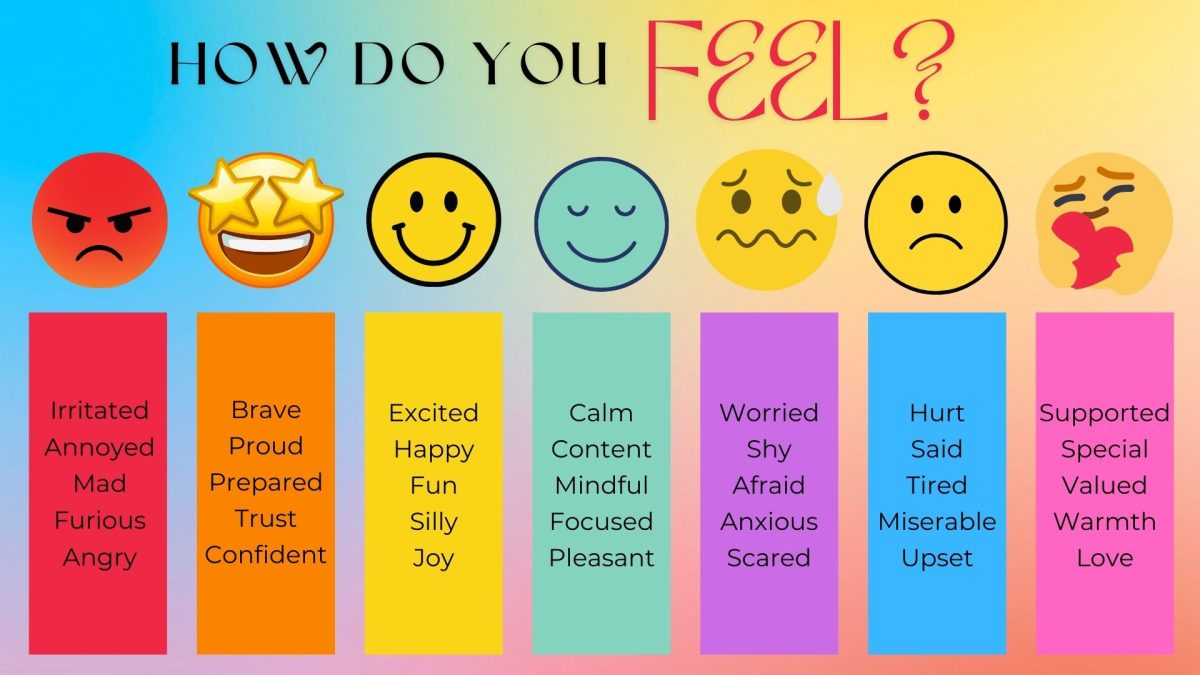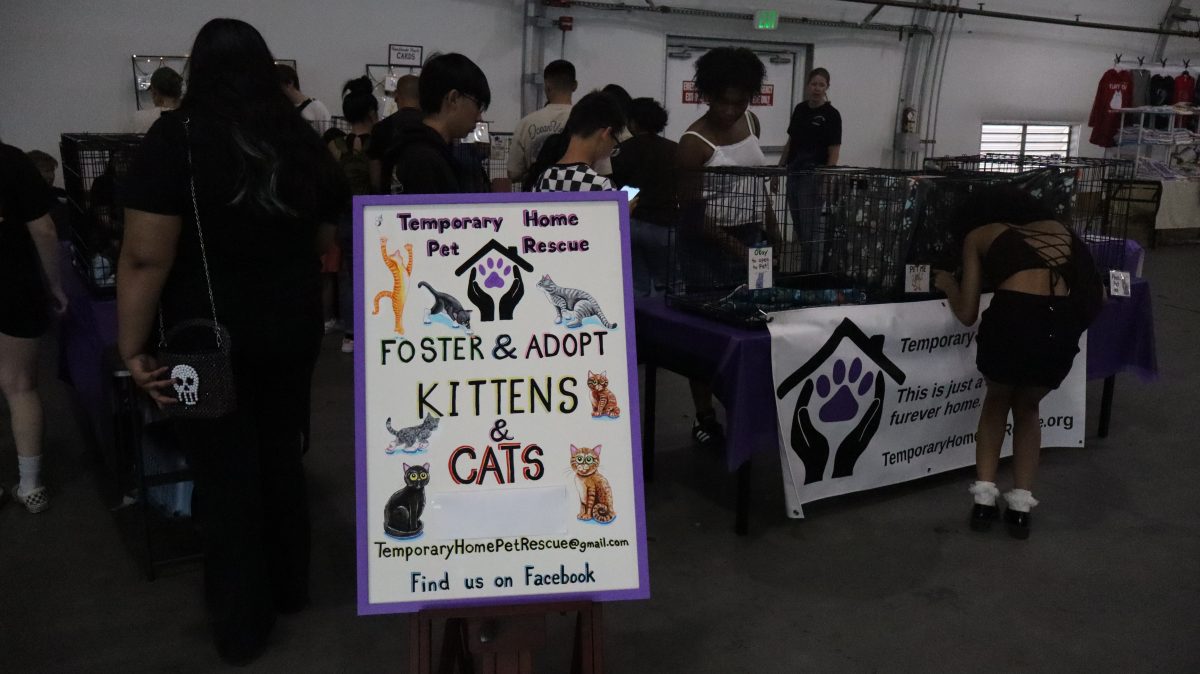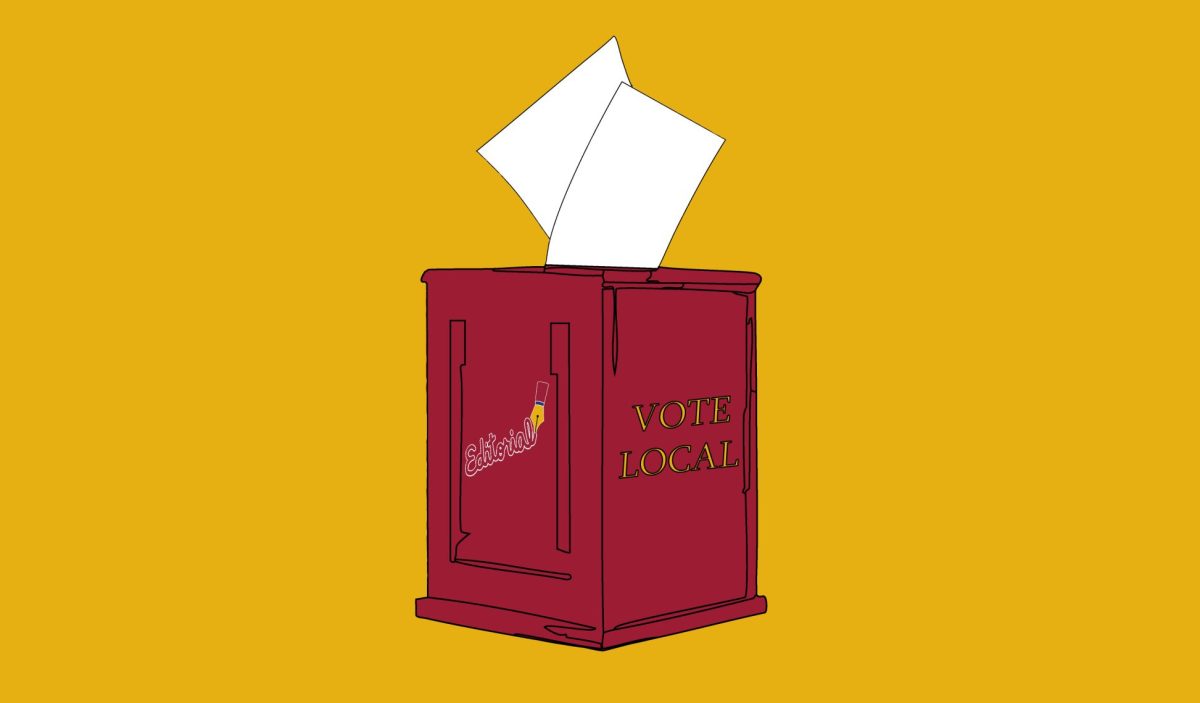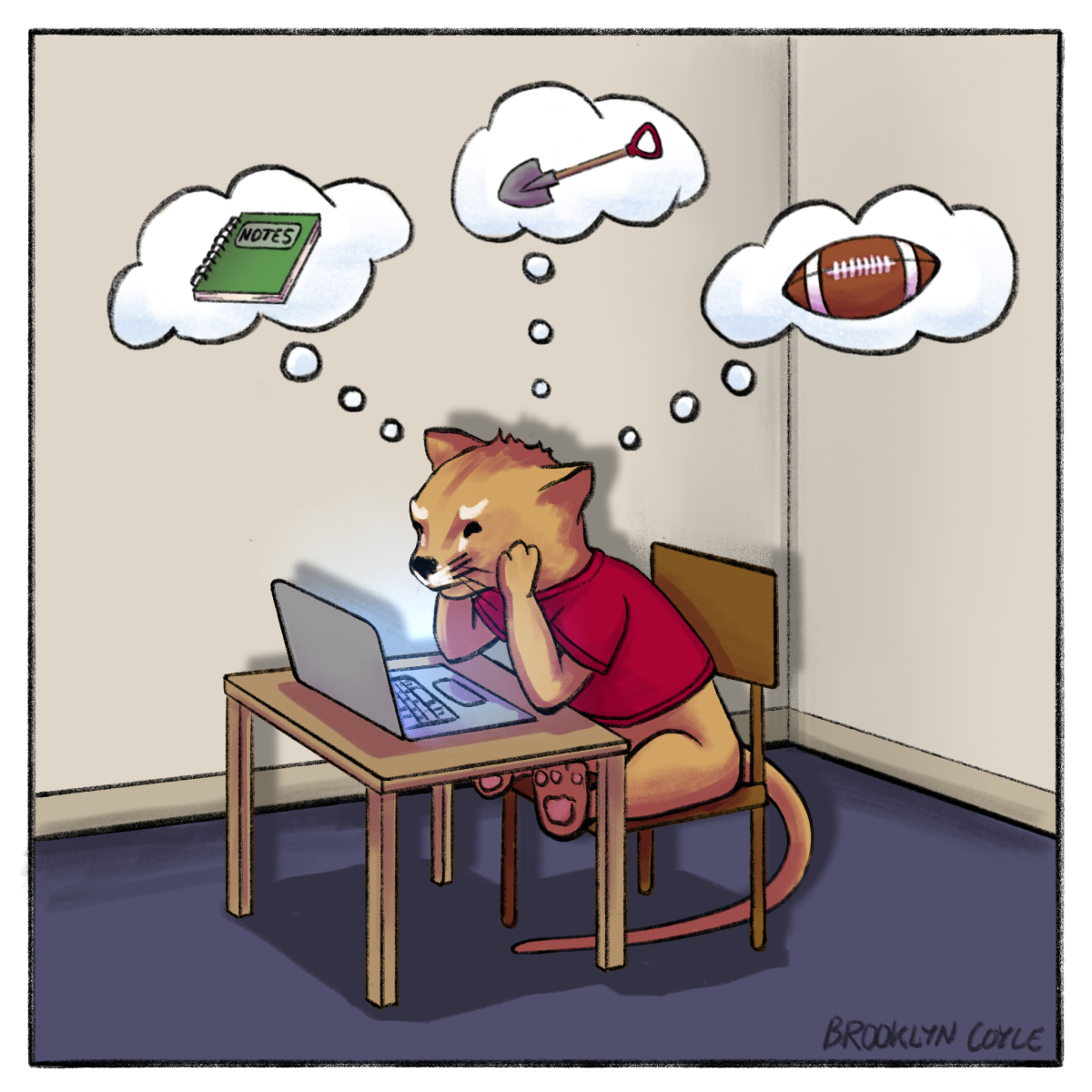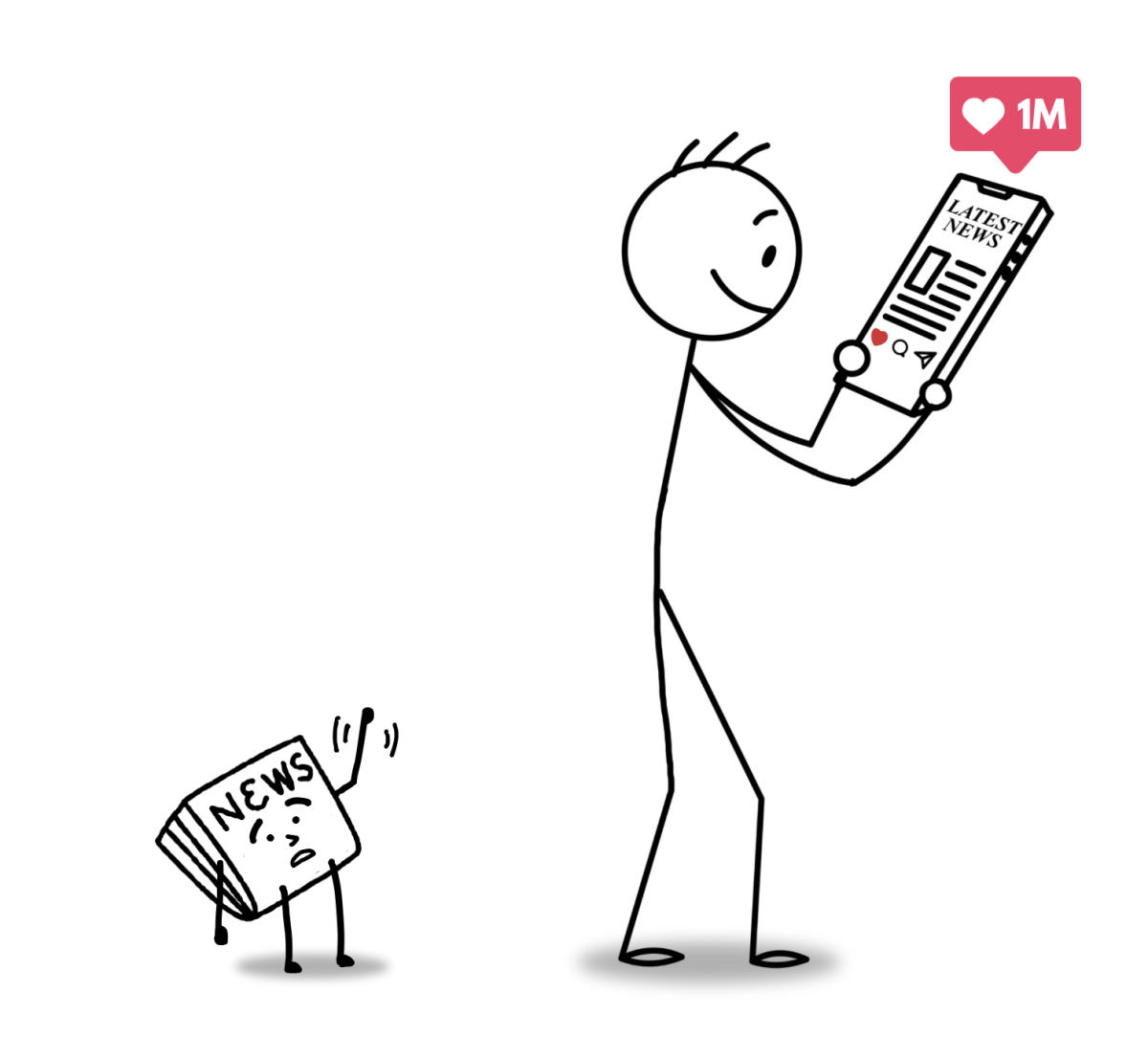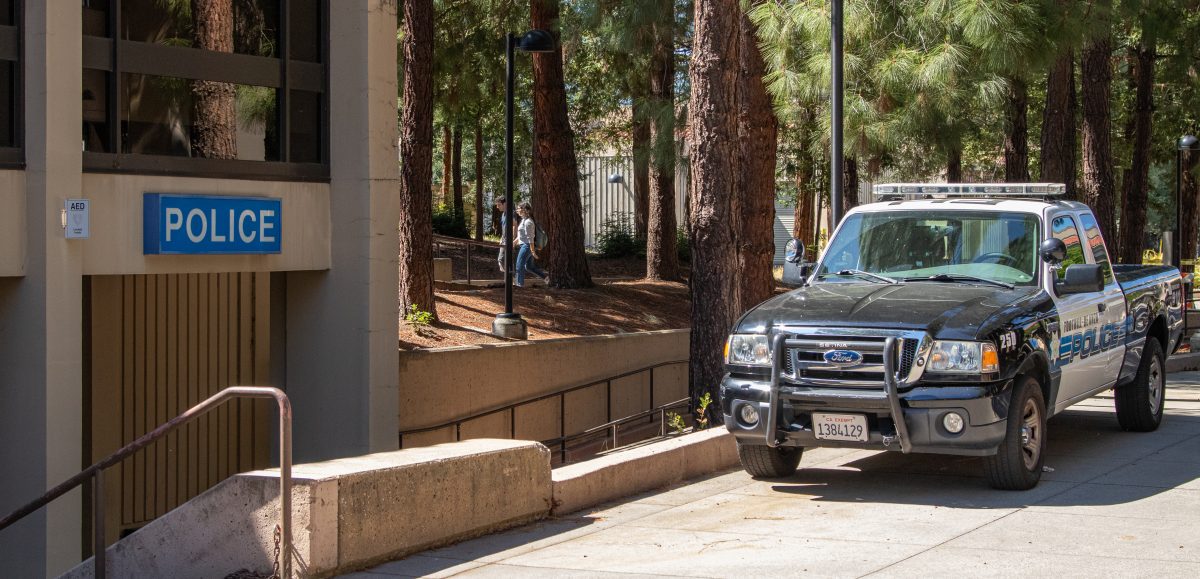Two new California laws prohibit employers (AB 1844) and universities (SB 1349) from asking for your Facebook password.
Governor Jerry Brown signed these two laws on Sep. 27, 2012 and they have been effective since the start of the year.
To many this might seem like a no-brainer law but California becomes only the sixth state to pass such a law after Maryland, Illinois, Michigan, New Jersey and Delaware.
The laws went into effect on Jan. 1 applies to employers, potential employers, and higher education institutions.
It is now illegal for them to demand your Facebook, Twitter, email, or other social media passwords.
These laws were passed in response to a rise in employers and universities looking to vet candidates more rigorously by examining their private lives.
Before there is a collective sigh of relief, this does not mean your Facebook page is completely safe.
Employers and universitiesstill have the right to investigate inappropriate conduct among prospective students and employees.
If your Facebook profile is public, or has components that are public, it is fair game to anyone that comes across it.
Now that these laws have been enacted, what you make private on your Facebook will be private from future employers and schools.
But that doesn’t mean that one complaint you wrote about your boss won’t find its way back to him
Do a simple web search of a phrase like “fired for Facebook comments” and a bevy of websites will appear, citing case after case of people fired from their jobs for posts deemed inappropriate.
In this information age privacy is important, but it is hard to come by.
However, there are a few steps you can take to ensure a higher level of privacy in the Facebook world.
Keep an eye on Facebook’s ever-changing privacy settings; it is tedious, but it’s important.
Facebook’s privacy page offers step-by-step instructions for adjusting your personal settings and explanations about which parts of your profile are public.
Google your name every once in a while and make sure it is “employer” safe.
Even better, have a LinkedIn account that might divert attention from your Facebook or Twitter.
LinkedIn is a website designed for connecting with co-workers, bosses and potential work opportunities.
It provides a professional alternative to Facebook, formatted to display your résumé and work experience.
Unlike Facebook, honesty is definitely key because what you claim can be fact-checked so keep it professional and accurate.
And if you are going to accept co-workers, bosses, or teachers as friends on Facebook, be cautious and professional with your postings, be vague or limit what they can see.
Facebook still not private in spite of laws banning employer and college prying
Story continues below advertisement



